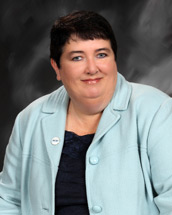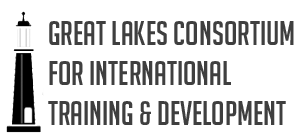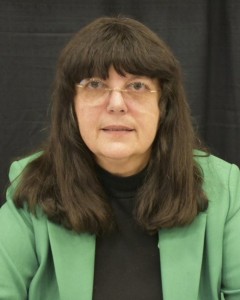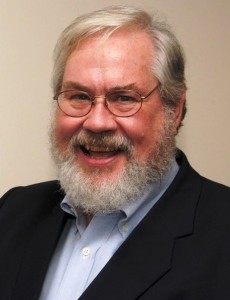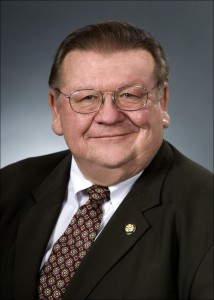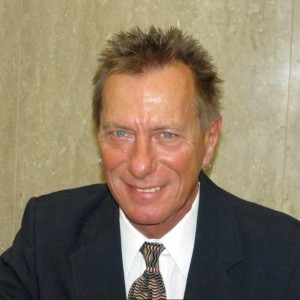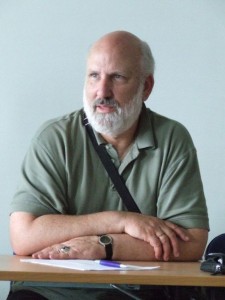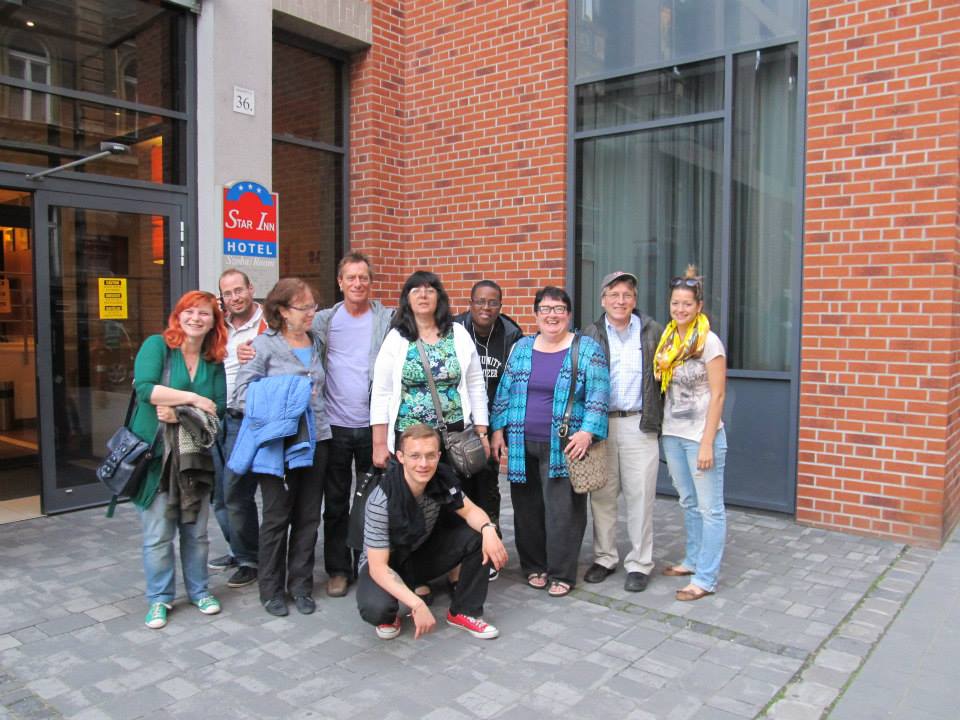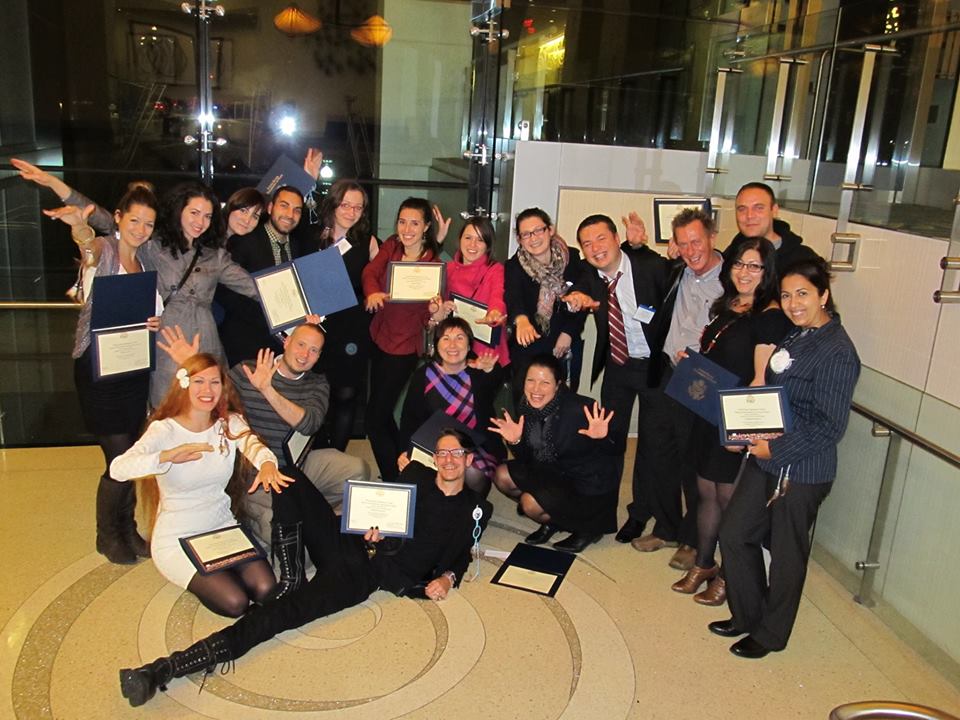Our core believes and most important values
Who we are…
The Great Lakes Consortium for International Development & Training (“GLC”) is a cooperative effort of Bowling Green State University, Lourdes University, the University of Toledo and the Great Lakes Community Action Partnership (GLCAP) to initiate, seek support for and coordinate international training and development efforts so as to link and enhance capacity and resources with needs in the world community.
What we do…
GLC as a program of GLCAP was established in 1999. In 17 years, we have worked with visitors from 17 countries from around the world. During these years, we welcomed more than 1000 international guests and assisted more than 850 Americans to travel overseas on a variety of professional, cultural, educational, and humanitarian programs.
How we do it…
Since 2011, the Great Lakes Consortium for International Training and Development (GLC) Professional Fellows Programs have been funded by the U.S. Department of State Bureau of Educational and Cultural Affairs to manage and organize exchanges with fellows from Bulgaria, Hungary, Romania, Slovakia and the United States.
Our philosophy…
There are four fundamental strategies available to neighborhood groups to address community problems: community organizing, advocacy, service delivery or development. There is no right or wrong strategy – each organization has to choose among them constantly. Each group should specialize – the skills needed to do a good job in one are seldom those needed for another. Sometimes, groups use a combination of strategies. What is important here is that you know what you’re doing – that the method matches the strategy you’ve chosen and they both match the mission the group has adopted.
Community organizing is characterized by the mobilizing of volunteers. Staff roles are limited to helping volunteers become effective, to guiding the learning of leaders through the process, and to helping create the mechanism for the group to advocate on their own behalf. Community organizing almost always includes confrontation of some sort. The people who want something get themselves together to ask for it, often the people who could give them what they want get jumpy. Community organizing strategies include meeting with corporate or government decision makers to hold them accountable for their actions, designing programs for others (not the group) to implement that meet the needs of the community, and aggressive group action to block negative developments or behaviors (highway construction that leads to neighborhood destruction, etc.).
Community organizing is the process of building power through involving a constituency in identifying problems they share and the solutions to those problems that they desire; identifying the people and structures that can make those solutions possible; enlisting those targets in the effort through negotiation and using confrontation and pressure when needed; and building an institution that is democratically controlled by that constituency that can develop the capacity to take on further problems and that embodies the will and the power of that constituency.
Our idea…
The overall goal of Professional Fellowship Exchange Programs is to provide a professional development opportunity for up-and-coming and mid-level professionals to gain knowledge of U.S. practices in engaging citizens and community leaders in collaboration to initiate and realize changes in legislation and improve the everyday life and make a difference in minority communities (including Roma, disabilities, immigrant, LGBT, homeless populations) and strengthen democracy.
Under these grants, European participants are exposed to diverse community organizing methods to engage citizens as active participants in solving problems in their own communities. They gain hands-on experience at both public and civil society institutions in the U.S. and a deeper understanding of U.S. society, culture and people. They have opportunities to examine the relationship between civil society and government and learn methods to fight public corruption and develop accountability. Through 4-week internship placements at national, state and local organizations across the U.S. European fellows gain knowledge and experience as well as adaptable approaches that they can implement after their return.
The U.S. participants of this exchange have opportunities to share professional expertise and gain a deeper understanding of the societies, cultures and people of other countries. U.S. mentors also travel for a reciprocal visit overseas for approximately 2 weeks to provide mentoring, consultation, and training to their fellows and the organizations, and other partners who are involved and/or interested in making changes in their communities using community organizing tools.
The GLC/GLCAP Professional Fellows Program is supported by the U.S. Department of State, Bureau of the Educational and Cultural Affairs, Global Leaders Division.

A successful team beats with one heart
